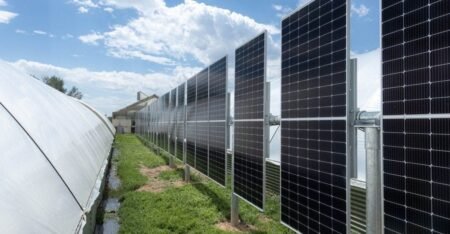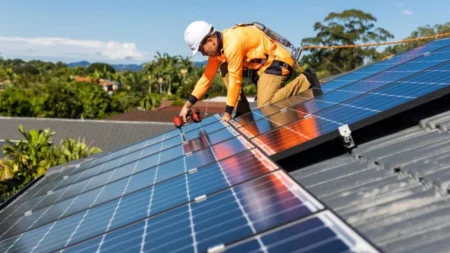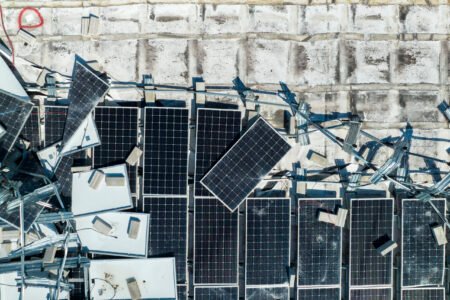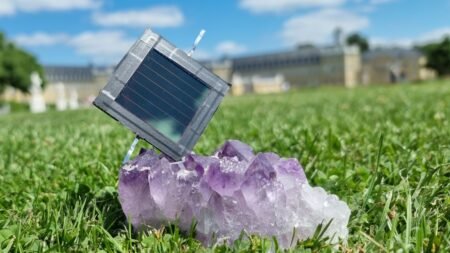According to the Gulf News, the plant, as announced by Ali Bin Abdullah Al Owais, executive director of electricity affairs in the country’s Energy Ministry, will create enough electricity needs and will have enough left over for other countries in the region, he said.
Mr. Al Qwais’s remarks were made during a regional economic workshop in which 80 participants attended.
Participants include electricity and water authority members from around the UAE, municipalities, and road and transport commission members. The decision to build such a plant came from a desire to have Dubai and other UAE states develop green building legislation, considered to be the first in the region.
With this in mind, Mr. Al Qwais said that billions of dollars will be invested in such projects over the next few years.
Also participating in the workshop were representatives of the Abu Dhabi National Oil company, which has been in business since 1971 and produces more than 3.5 million barrels of crude oil per day.
He continued by saying that Emirate countries are out to meet future energy demands by diversifying energy resources. Some public institutions have already been harnessing solar energy in limited ways.
The construction of the solar power plant goes along with the UAE’s desire to be the first in the world to adopt green building legislation.
Dubai hopes to become a sustainable building pioneer, and has started incorporating green building practices into various new development projects since the beginning of 2008.
A number of foreign industrial companies, including the German MAN industrial concern, see a bright future for solar energy in the Gulf region. The company’s regional affiliate MAN Middle East, has established a solar energy branch, MAN Solar Millennium, which as already invested millions of Euros in renewable energy projects all over the region.
The launch of its subsidiary office in Dubai supports the company’s plans to develop solar energy power plants for sustainable energy projects in the United Arab Emirates and other regional markets.










